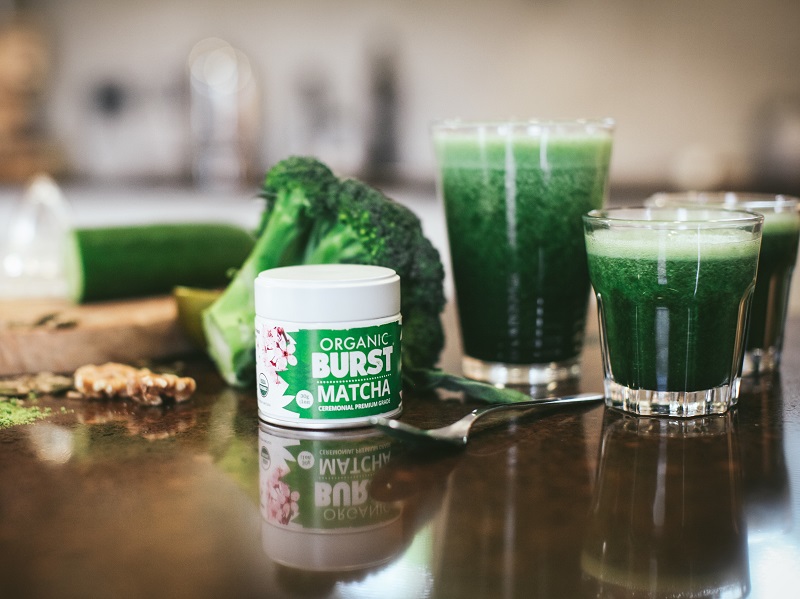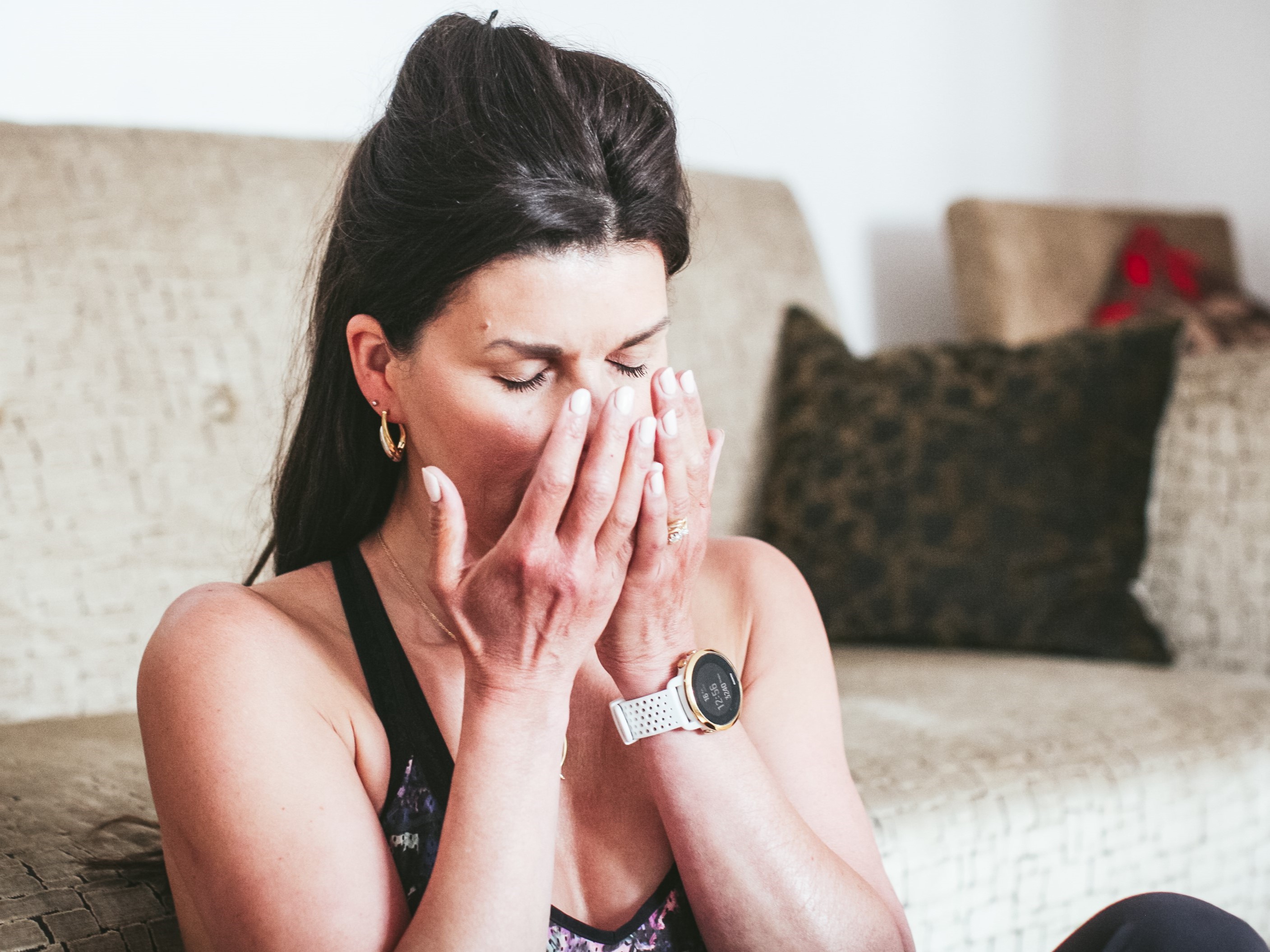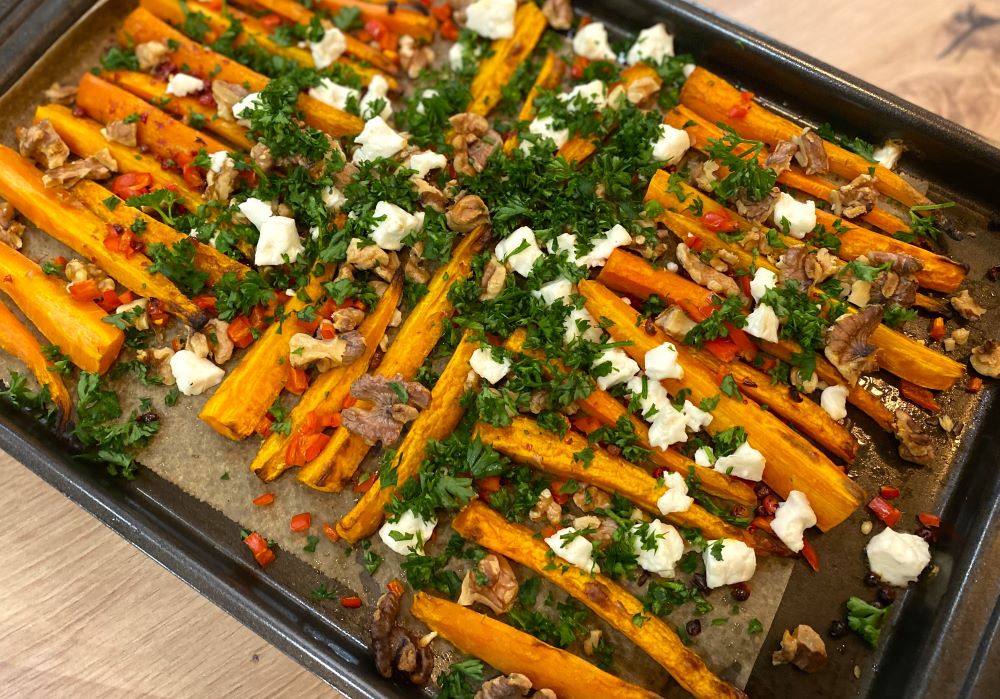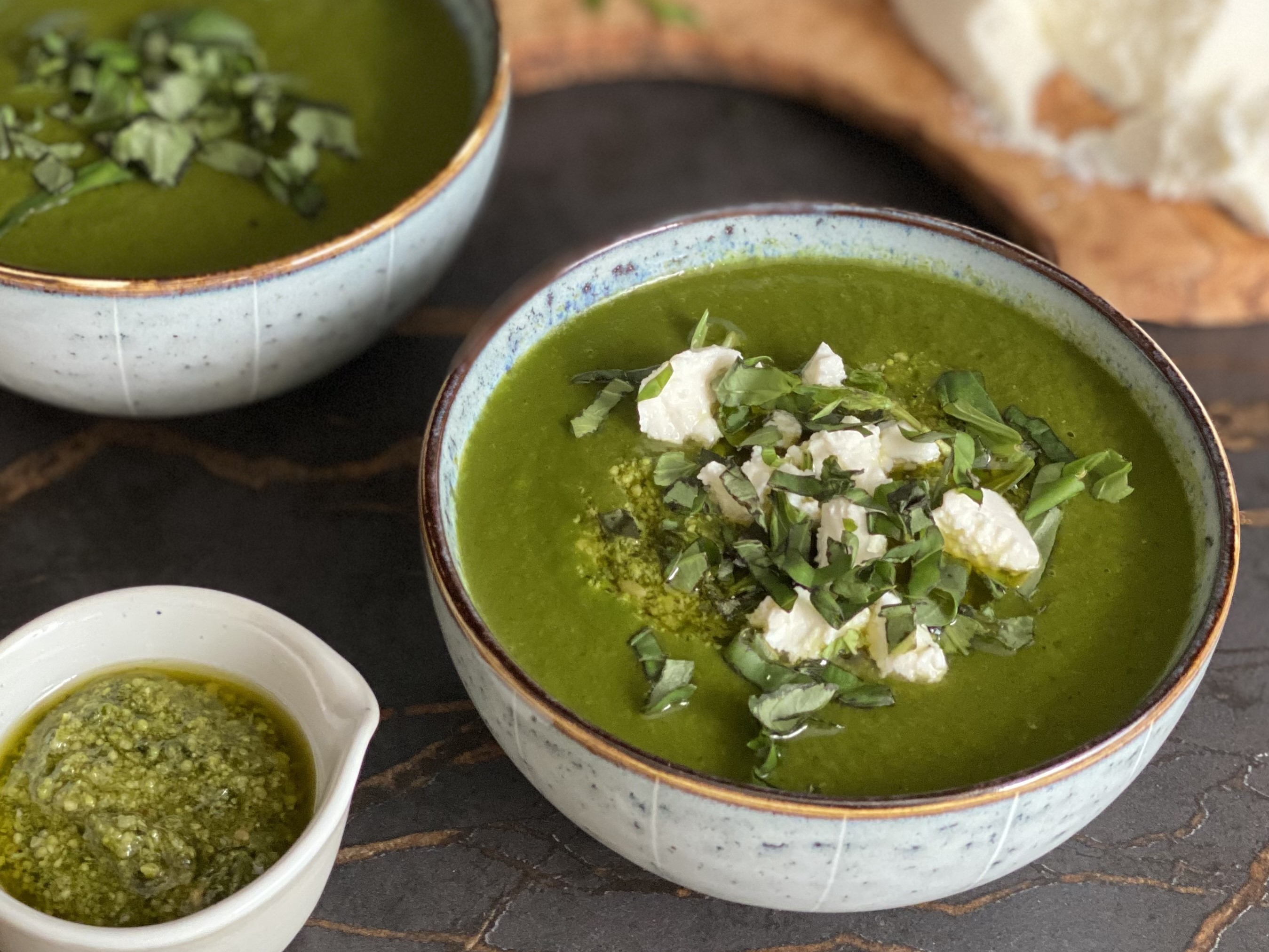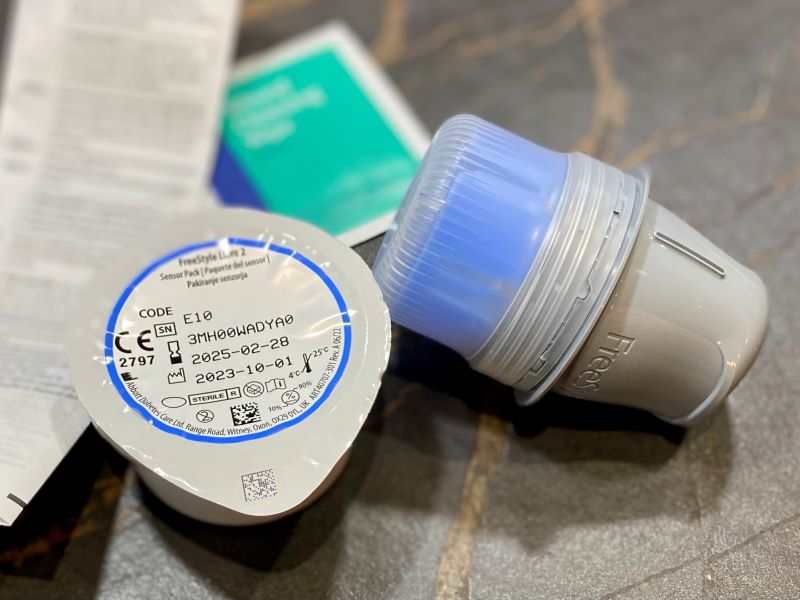On the face of it, staying properly hydrated sounds simple enough but both clinical and personal experiences (especially managing hydration whilst exercising in harsh environments) have taught me that ensuring hydration needs are appropriately met is not alway easy.
Attitudes to hydration are often extremely polarised; I see a broad range of approaches in clinic ranging from those who can just about manage to drink a mug of tea per day to those chucking “gallons” of water down their neck – of course, both these extremes can be harmful!
But, aiming to drink 8 glasses of water a day can be daunting for some so I prefer to look at overall consumption of caffeine-free fluid. This could include herbal infusions, vegetable juices, miso soup, plant milk and green juices, to help make up a total fluid intake of around 2 litres per day.
Drinking little and often through the day is better than consuming 2 litres in one go! It is also a good idea to avoid drinking too much with meals, as this can impair digestion. During the summer months more fluid is often required, but it is better to continually reassess using basic observations such as sweat output and colour of urine, as not all summer days are scorchers in the UK!
If you are very active then you will also need to consider your exercise intensity and duration, environmental conditions (e.g. heat, humidity, travel over snow or glacial areas) and altitude. Intense exercise not only leads to fluid loss but also mineral loss, especially potassium, sodium, magnesium and calcium, which is why specific sports drinks, often include these minerals. But many also contain sugar!
So I prefer to keep things simple; I drink mainly water but for prolonged periods of exercise (such as alpine mountaineering) I will supplement with an easy-mix powder containing magnesium, calcium, potassium and B vitamins. I’ve also found coconut water, beetroot juice and unsweetened almond milk work well for post-exercise hydration. After a long day out, I may also prepare a green smoothie, maybe with the addition of matcha, chlorella and spirulina for a gentle energy boost!
Can you overdo it? Most definitely, yes! Excessive and rapid fluid intake, especially after endurance events, is dangerous, even life-threatening, as body fluids can become too diluted, a condition know as hyponatremia. Fatal cases of hyponatremia have also been linked to drinking large volumes of water in order to supress appetite by those on extreme weight-loss diets – insane but true!
